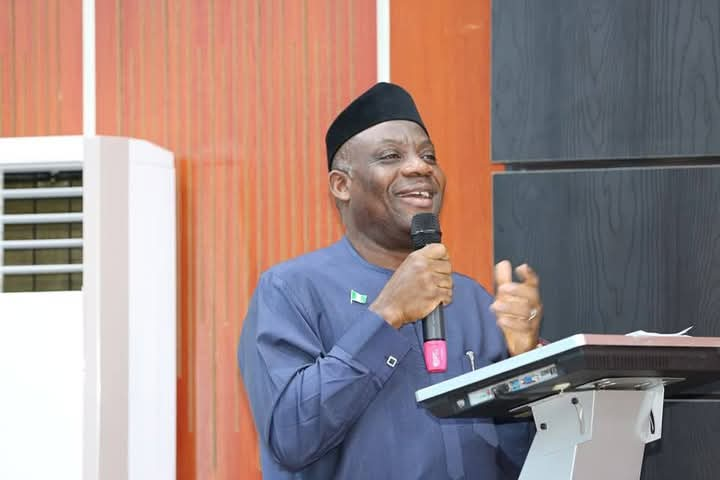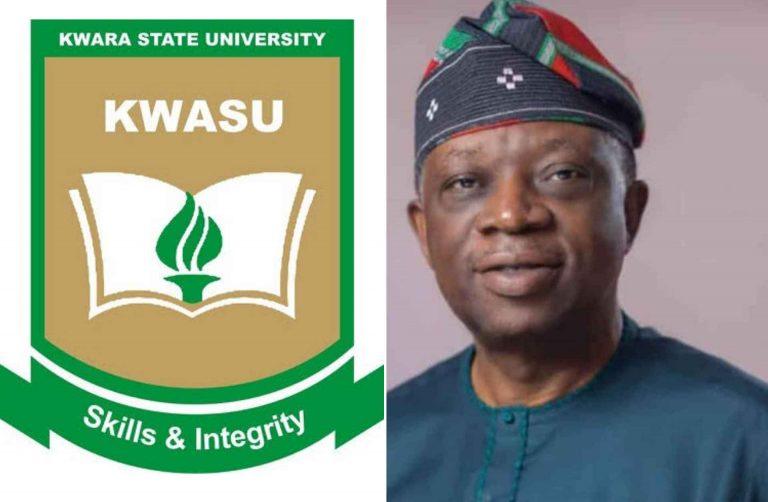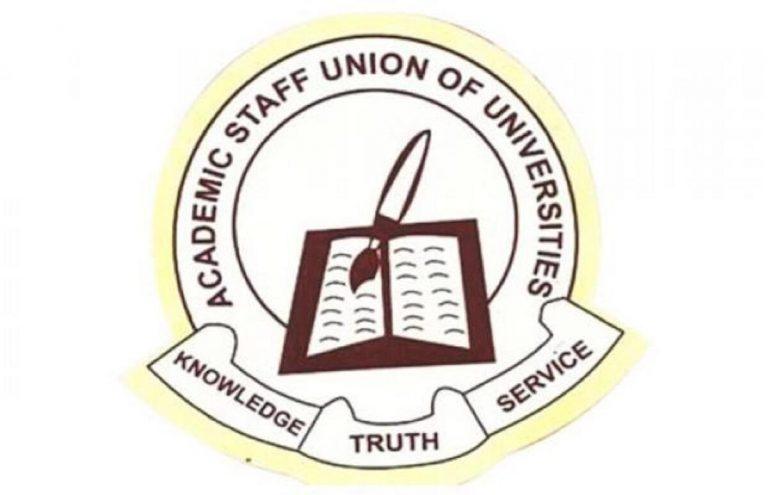85% of Nigerian students on government scholarships never return, says Education Minister
The Minister of Education, Mr. Tunji Alausa, has revealed a concerning statistic: 85 percent of Nigerian students who are granted government scholarships to study abroad do not return to contribute to national development. Speaking during a recent engagement with educational leaders in Lagos, Alausa emphasized the need for a significant policy shift regarding scholarship funding.
“Many of the programmes they studied could have been handled effectively within our own institutions,” Alausa stated, highlighting the government’s renewed commitment to investing in local educational capacities rather than sending students overseas to study.
In conjunction with this policy shift, the Minister announced that tertiary institutions with fewer than 2,000 enrolled students will no longer qualify for funding from the Tertiary Education Trust Fund (TETFund). “Several polytechnics established as far back as 2019 have only between 350 to 550 students enrolled yet receive the same level of funding as institutions with over 18,000 students. This is inefficient and unsustainable,” he remarked.
To strengthen local educational offerings, Alausa also announced the establishment of 28 Centres of Excellence across public and private institutions aimed at enhancing postgraduate programmes, fostering research, and creating job opportunities. He noted, “We can no longer incentivise poor performance or underutilisation” in the educational sector.
Echoing the Minister’s sentiments, the Executive Secretary of TETFund, Sonny Echono, outlined a move towards a more sustainable and performance-driven funding model. He warned that institutions failing to utilize funds effectively risk being removed from TETFund’s support list. “Institutional expansion must be checked, and we must avoid unnecessary duplication of mandates,” Echono cautioned.
In conclusion, Alausa stressed the importance of accountability and reform in the tertiary education sector, stating, “This engagement is a call to action. It is a platform to learn, reflect, and commit to best practices in governance, project management, and compliance.” The emphasis was on ensuring that educational resources are directed toward institutions that demonstrate high standards of effectiveness and transparency.
Source: PUNCH







